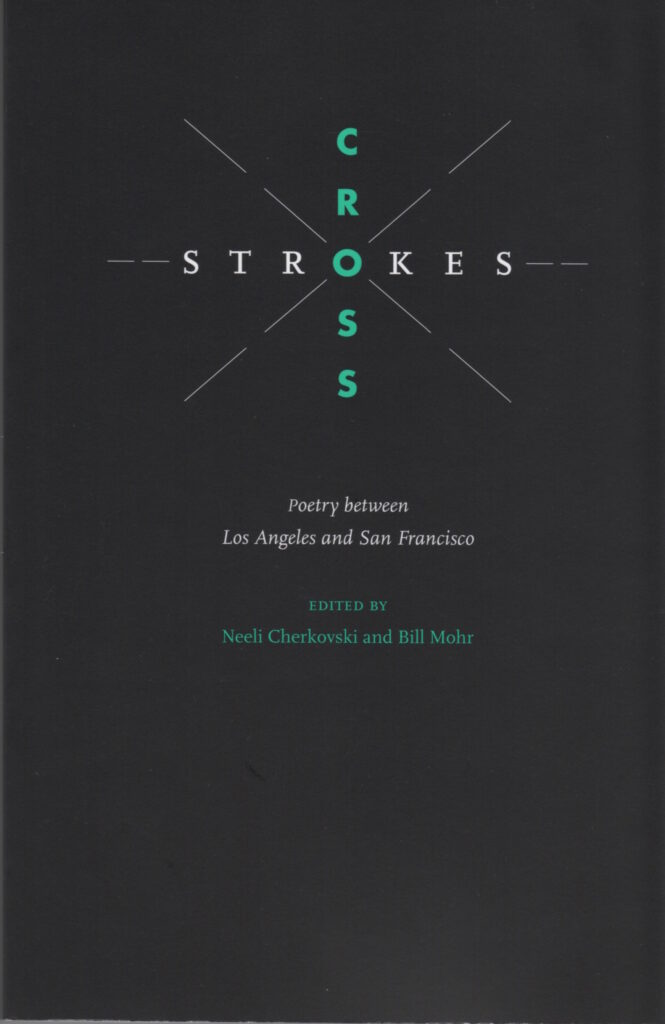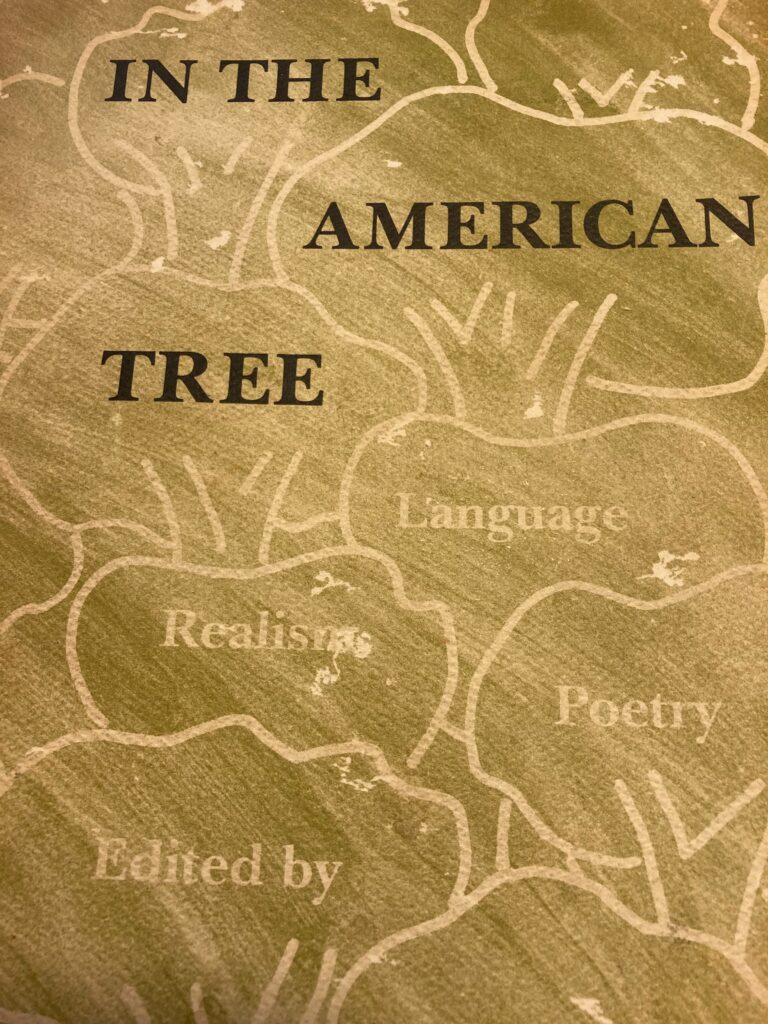Sunday, April 21, 2024
An Extended Moment of Silence, Please, in Honor of a Great Poetry Critic:
Marjorie Perloff — The Intellectual Choreographer of Contemporary Innovative Poetry
This past Wednesday night I was checking the list of panels that are being formed for the PAMLA conference, in Palm Springs, in November, 2024, and finding the usual areas of poetry and poetics trotting out their CFPs. (For those outside of academia, PAMLA stands for Pacific Ancient and Modern Language Association; and CFP designates Call for Papers.) I felt, once again, as I read the panel abstracts, that I was at home, in a way that I no longer feel when I am at a place such as Beyond Baroque, which for me recedes ever further into the realm of the proleptic. While I still write poems, the place that I feel most welcome is at an academic conference. Of course, given that academic work is how I have managed to emerge from penury, it’s not surprising that I might feel this way. I still believe that W.C. Williams was spot on when he said, “Only the imagination is real,” but it is also the case that only intellectual curiosity can critique that imagination; I’m afraid that too few poets these days are eager to become a dance partner in the “dance of the intellect.”
This year’s theme for the PAMLA conference, which is being organized by Dr. Craig Svonkin, is “Translation in Action.” Suddenly, though, I stopped my search as I noticed a special session in honor of Marjorie Perkoff, which turned out to be the way that I learned that she died recently. I suppose I shouldn’t be completely shocked at her passing; she was much older than I am, but she still brought such an enthusiastic embrace of the ever-renewed investigation of both the defamiliarized and the only very recently familiarized that it is hard for me to accept that I will never again hear her voice trill with exasperated disdain for the conventional or twirl in the spontaneity of definitive cohesion.
Marjorie Perloff was the critic I most admired, even when I disagreed with her. For a very long time, even before I started graduate school 25 years ago, I knew that there were two camps in American poetry criticism. Helen Vendler was on the East Coast, and she oozed a submissiveness to whatever aspect of the traditional canon might bolster her stature. Marjorie Perloff, on the West Coast, radiated a desire for her readers to share in the eager enticements of contemporary poems that had yet to be taken as seriously as they merited. It was Marjorie Perloff, along with Michael Davidson, who first alerted me to the value of criticism that encompasses the playfully erratic, the methodically marginal, and even writing that remains a tantalizing puzzle. If the still-to-be-excavated abundance of West Coast poetry was ever to find a critical refuge, it would be among those who felt at east in their affiliation with the critical poetics of Marjorie Perloff.
My personal encounters with her were always brief, for we moved in different social circles, but each one was a memorable increment that in retrospect interweaves itself into the choreography of her critical commentary. Rarely have I felt the counterbalance of a writer’s books being the gift that will ameliorate their personal absence in my intellectual life. I look forward to the panel that Dr. Susan McCabe is organizing for the PAMLA conference as an occasion when all of us present can express our immense gratitude for her accomplishments on behalf of poetry and literature.
***************





 About Bill Mohr
About Bill Mohr